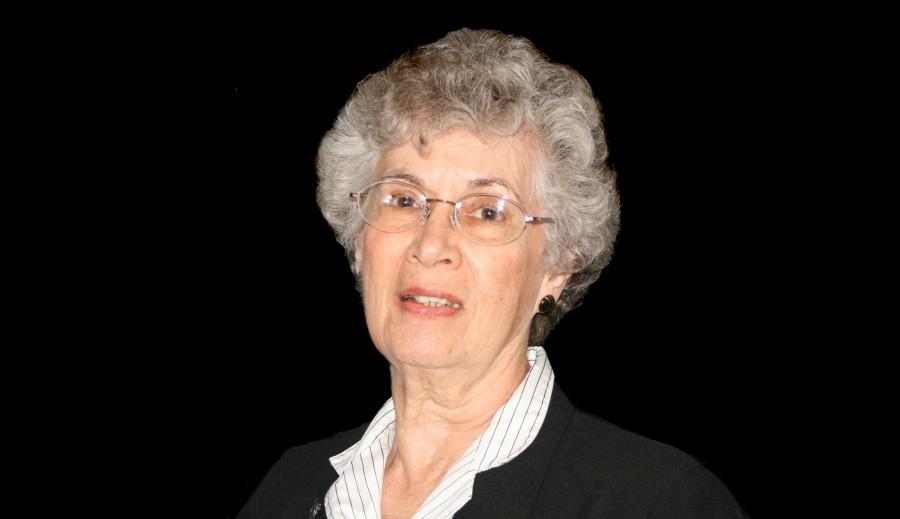Lately I call myself “Professor Nag.” I have been nagging my students for coming to class late, for turning papers in late, for coming to class unprepared because they do not have time to do class work. (My friend who is perennially late for every thing claims she will be late for her own funeral.)
These situations are all related to one thing: Time! There is never enough time. Surely there is never enough time to get done all we want to accomplish in a 24-hour period, but that is all we have. We are intelligent people who somehow cannot comprehend the limitations of 24 hours.
We would be happier if our day was like a huge rubber band that expanded to all the time we need — to sleep, to study, to work, to party. So why is managing the time of a 24-hour day so difficult for us today? Let me venture some observations and ideas on “Never Enough.”
We live in a world of fluid ideas. What we know to be certain is that one week can change with the latest issue of “Scientific American” or the “Wall Street Journal” or “The New England Journal of Medicine.” Even our environment appears to be changing quite rapidly as seen in Hurricane Katrina and earthquakes.
The economic and political geography is volatile. However, time is not fluid. We have just 24 unyielding hours in a day. In that allotted amount of time, we live our lives and try to fit our responsibilities and dreams into its parameters. Too often we do not succeed and so we are late.
But it is not quite so simple. We might be irritated by all those fixed deadlines imposed (we accepted) by employers, teachers and others. That is quite a passive take on our situation. The fact is we are actively in charge of our 24 hour space. We are the actors on Time’s stage. It is our day to use as we want.
This brings us to an important spiritual concept highlighted by St. Ignatius of Loyola: discernment. As actors on Time’s stage we are called to discern how we use the wonderful gift of time, and time is truly a gift. We have a day to live. Our life’s time is not up.
Discernment requires that we consider God’s will and our will. We have to ask ourselves “What am I called by God to do?” and “what do I want to do?” with the gift of my 24 hours. It helps to set priorities. In time management courses one basic principle is to prioritize the tasks of the day. When this becomes a practice, people tend to complete what is most important and have a sense of accomplishment at the end of the day. Planning the use of time in this way can allow for down time, physical care time, spiritual prayer time and study time.
The ultra fluid approach to time tends to be disorganized and there is little sense of accomplishment. We put off until tomorrow what we dislike doing like writing papers, doing assigned readings and unpleasant tasks. The issue is discipline to do time management.
Time is treated passively: “let happen what happens,” or “I’ll do it when I feel like it.” The ultimate results of a passive treatment of time are procrastination, great stress when deadlines appear on the horizon and sometimes (unfortunately) a psychological crash. Everything piles up and everything is too much.
Another factor in this “Never Enough” phenomenon is multi-tasking. I have so much I want to do that I try to do activities simultaneously in order to accomplish all of them. Multi-tasking appears as reading an assignment, watching TV, listening to the iPod, talking on the cell phone or texting done simultaneously.
There is some movement to stop multi-tasking while driving a car because of the dangers of divided attention. I wager there are “dangers” in academics such as reduced productivity, less focused thinking and an inability to grasp material.
This could include fractured relationships when one multi-tasks work and social relationships. People are objecting to cell phone conversations during dinner engagements, and certainly at social events such as musical or theatrical performances, and at religious ceremonies. We simply cannot do everything without offending people.
“Never Enough” but really just enough time is given to us to live within a 24-hour period if we accept its limitations and discern well.
Sister Elizabeth Willems, S.S.N.D.,
is a lecturer of religious studies.
She can be reached at
On The Record is a weekly column open to any Loyola faculty or staff member. Those interested in contributing can contact [email protected]








